Ragdoll cats are beloved for their striking blue eyes, silky coats, and gentle personalities. However, many Ragdoll owners soon discover that their feline companions have sensitive stomachs, which can lead to digestive issues such as vomiting, diarrhea, or frequent hairballs. Addressing these concerns requires a thoughtful approach to diet, hydration, and overall care to ensure your Ragdoll remains healthy and comfortable.
One of the first steps in managing a Ragdoll’s sensitive stomach is selecting the right food. High-quality, easily digestible cat food is essential. Look for formulas that list real meat as the primary ingredient and avoid fillers like corn, wheat, or soy, which can irritate the digestive tract. Some Ragdolls thrive on grain-free diets, while others may benefit from limited-ingredient recipes that minimize potential allergens. Wet food can also be a good option, as it provides additional moisture, aiding digestion and reducing the risk of dehydration.
Hydration plays a crucial role in maintaining digestive health. Ragdolls, like many cats, often don’t drink enough water on their own. Encouraging water intake can be as simple as providing multiple clean water sources around the house or investing in a cat water fountain, as many felines prefer running water. Adding a small amount of water or low-sodium broth to their meals can also help keep them hydrated, which in turn supports smoother digestion and reduces the likelihood of constipation.
Another factor to consider is feeding frequency. Unlike dogs, cats are natural grazers, and splitting their daily food portion into smaller, more frequent meals can prevent overloading their digestive system. Free-feeding, however, may not be ideal for all Ragdolls, especially those prone to overeating. A structured feeding schedule with measured portions can help regulate their metabolism and reduce stomach upset.
Stress and anxiety can also contribute to digestive issues in Ragdolls. These cats are known for their affectionate and social nature, and changes in their environment—such as moving to a new home, introducing a new pet, or even rearranging furniture—can trigger stress-related stomach problems. Providing a stable routine, plenty of playtime, and quiet spaces where they can retreat can help ease their anxiety. In some cases, pheromone diffusers or calming supplements may be beneficial.
Regular grooming is another important aspect of managing a Ragdoll’s sensitive stomach. Their long, luxurious fur is prone to matting and can lead to excessive hair ingestion during self-grooming, resulting in hairballs. Brushing your Ragdoll several times a week helps remove loose fur before they swallow it, reducing hairball formation. Additionally, specialized hairball control treats or lubricant gels can aid in passing hair through the digestive tract more smoothly.
If dietary adjustments and lifestyle changes don’t resolve your Ragdoll’s digestive issues, consulting a veterinarian is crucial. Underlying health conditions such as food allergies, inflammatory bowel disease (IBD), or parasites could be contributing to the problem. A vet may recommend diagnostic tests, prescription diets, or probiotics designed to restore gut flora balance. Probiotics, in particular, can be highly effective in promoting a healthy digestive system by introducing beneficial bacteria.
Supplements can also play a supportive role in managing a sensitive stomach. Digestive enzymes, for instance, help break down food more efficiently, while fiber supplements like pumpkin puree (unsweetened) can regulate bowel movements. However, it’s important to introduce any new supplement gradually and under veterinary guidance to avoid further upsetting your cat’s stomach.
Monitoring your Ragdoll’s reactions to dietary and environmental changes is key. Keeping a journal of their meals, behavior, and any digestive symptoms can help identify patterns or triggers. Over time, this record can provide valuable insights for tailoring their care regimen. Patience is essential—finding the right balance may take time, but the effort will pay off in a happier, healthier cat.
Ultimately, caring for a Ragdoll with a sensitive stomach requires a combination of proper nutrition, hydration, stress management, and veterinary support. By paying close attention to their needs and making gradual adjustments, you can help your feline friend enjoy a comfortable and vibrant life. Their gentle nature and loving companionship make the extra care well worth it.
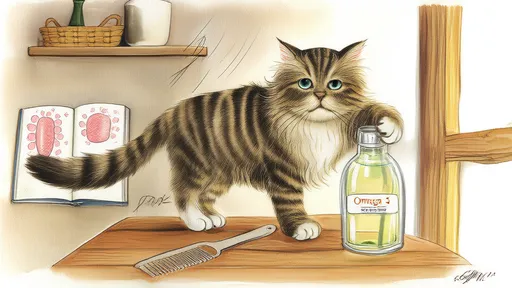
By /Jun 28, 2025
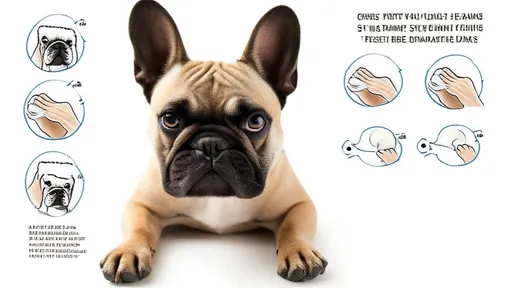
By /Jun 28, 2025
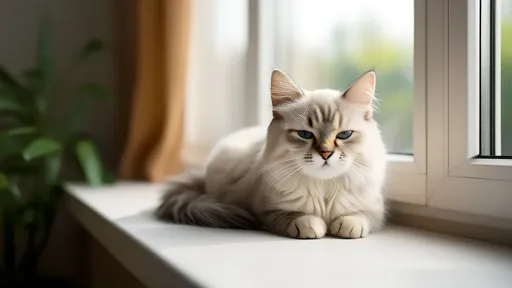
By /Jun 28, 2025

By /Jun 28, 2025

By /Jun 28, 2025

By /Jun 28, 2025

By /Jun 28, 2025

By /Jun 28, 2025
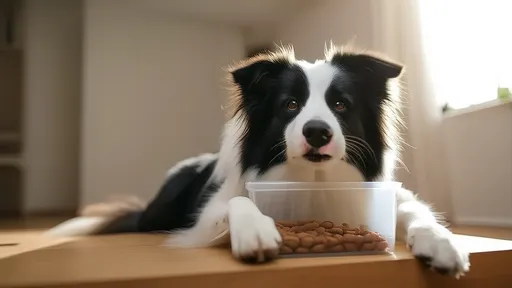
By /Jun 28, 2025

By /Jun 28, 2025
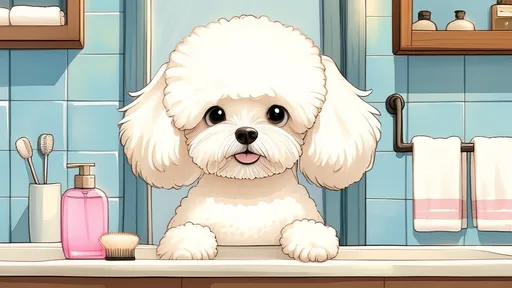
By /Jun 28, 2025
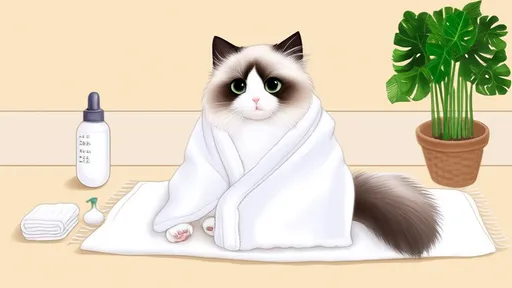
By /Jun 28, 2025

By /Jun 28, 2025
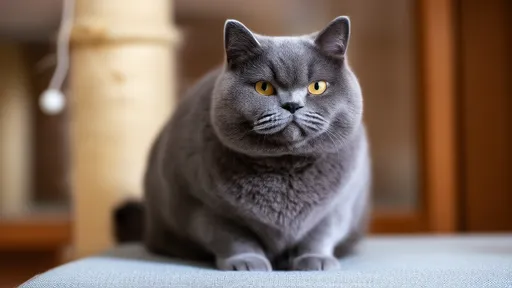
By /Jun 28, 2025

By /Jun 28, 2025
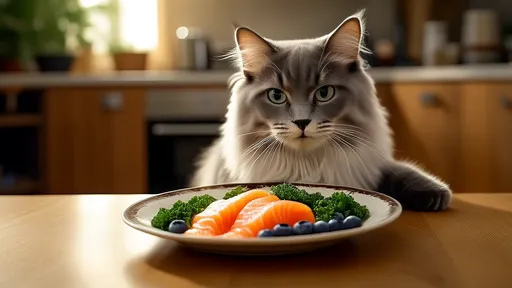
By /Jun 28, 2025
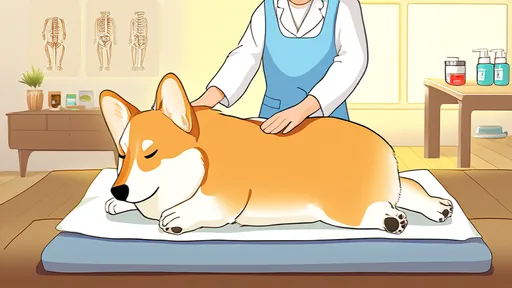
By /Jun 28, 2025
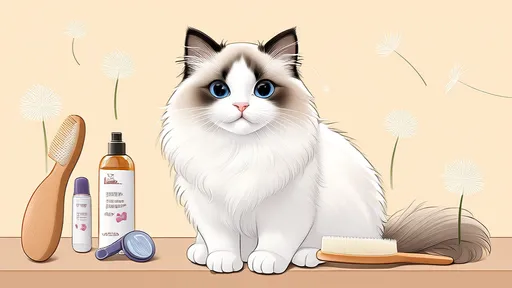
By /Jun 28, 2025